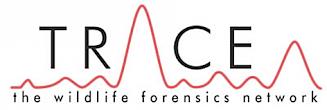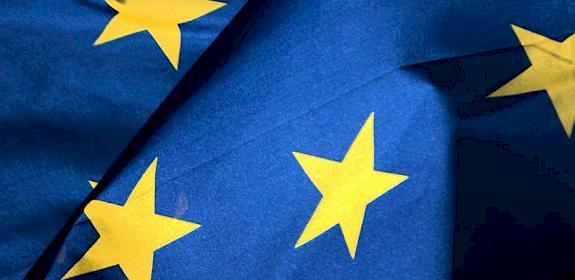Forensic scientists share new strategies to fight wildlife crime
Edinburgh, UK, 8th June 2017—Representatives from more than 30 countries this week attended the Society for Wildlife Forensic Science’s symposium held in Edinburgh to examine the importance of forensic science in detecting and tackling wildlife crime.
The meeting focused on how scientists can best support wildlife crime investigations—from illegal timber logging and fisheries, to illegal wildlife trade and persecution at both national and international levels. It was the first time the symposium had been held outside the USA.
The keynote speaker was Steven Broad, TRAFFIC’s Executive Director, who spoke about the challenges for law enforcement and compliance in tackling illegal trade in wildlife, timber and fish.
Also speaking was TRAFFIC’s Nick Ahlers, who manages the USAID-funded Wildlife-TRAPS Project for TRAFFIC and IUCN. He outlined work under the Project helping develop forensic capacity within international wildlife law enforcement together with partner, TRACE, the Wildlife Forensic Network. Support included the sponsoring of delegates from Thailand, Malaysia, Hong Kong, Viet Nam, Gabon, South Africa, Botswana, Namibia, and Zambia to attend and present their research during the symposium.
Wildlife crime is a global crisis that requires an international and collaborative response. Forensic scientists from Africa and Asia are at the front lines of aiding enforcement personnel with new innovations that can help us stay one step ahead of wildlife traffickers
Nick Ahlers, Wildlife-TRAPS Project LeaderThe Scottish Cabinet Secretary for Environment, Climate Change and Land Reform, Roseanna Cunningham, announced during the meeting the formation of a new partnership between the University of Edinburgh and the Scottish Government to establish a Wildlife Forensics Development Programme, to provide a platform for international research and training. She said the new programme would build on Edinburgh’s strong reputation for biosciences, taking a progressive approach that will strengthen the links between enforcement, policy and forensics.
Dr Rob Ogden, President of the Society for Wildlife Forensic Science, said “The fight against wildlife crime in all its forms requires co-ordinated efforts from multiple partners to reduce incentives and demand, and to investigate and prosecute criminal activity. Forensic science has revolutionised criminal investigations and is now being employed to help protect some of the world’s most threatened species from persecution and illegal trade.”
About Wildlife TRAPS
The USAID-funded Wildlife Trafficking, Response, Assessment and Priority Setting (Wildlife TRAPS) Project is an initiative that is designed to secure a transformation in the level of co-operation between an international community of stakeholders who are impacted by illegal wildlife trade between Africa and Asia. The project is designed to increase understanding of the true character and scale of the response required, to set priorities, identify intervention points, and test non-traditional approaches with project partners.
About TRACE Wildlife Forensic Network

TRACE Wildlife Forensics Network is an international NGO, based in Edinburgh, that aims to promote the use of forensic science in biodiversity conservation and the investigation of wildlife crime. The TRACE network brings together forensic scientists and enforcement agencies to exchange information on the latest challenges facing wildlife law enforcement and modern techniques for tackling them.www.tracenetwork.org
Professor Rob Ogden is Director of TRACE, and Chair in Conservation Science at the University of Edinburgh, where he holds the positions of Director of Conservation Science and Head of Conservation Genetics at the Veterinary School and the Roslin Institute.




